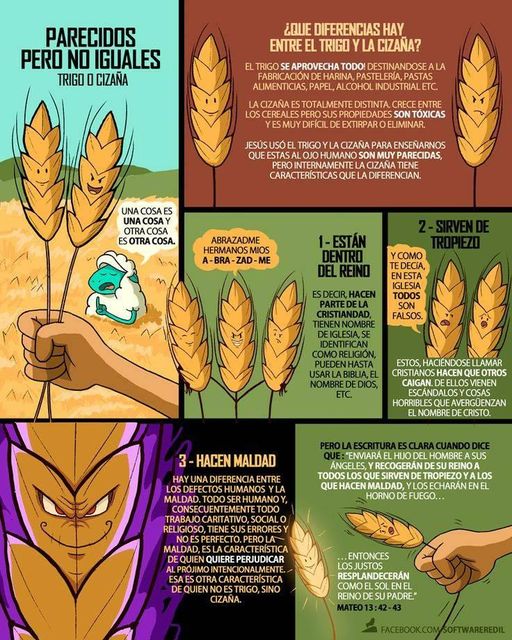Is gambling a sin?
GotQuestions
Bible questions answered
All rights reserved-Published with permission
The Bible does not specifically condemn gambling, betting, or the lottery. The Bible does warn us, however, against the love of money (1 Timothy 6:10; Hebrews 13:5). Scripture also encourages us to avoid attempts to “get rich quick” (Proverbs 13:11; 23:5; Ecclesiastes 5:10); we are to work hard and earn a living (2 Thessalonians 3:10; Proverbs 14:23). Gambling focuses on the love of money and tempts people with the promise of quick and easy riches.
Gambling, if done in moderation and only on occasion, is a waste of money but not necessarily evil. People waste money on all sorts of activities. Gambling is no more or less wasteful than seeing a movie (in many cases), eating an unnecessarily expensive meal, or purchasing a worthless item. Of course, the fact that money is wasted on other things does not justify gambling. Money should not be wasted. By cutting wasteful spending, one can save money for future needs or give more to the Lord’s work. Gambling only adds to the waste.
While the Bible does not explicitly mention gambling, it does mention events of “luck” or “chance.” For example, casting lots was God’s prescribed method of choosing between the sacrificial goat and the scapegoat (Leviticus 16:8). Joshua cast lots to determine the allotment of land to the various tribes, and the results were accepted as God’s will (Joshua 18:10). Nehemiah cast lots to determine who would live inside the walls of Jerusalem (Nehemiah 11:1). The apostles cast lots to determine the replacement for Judas (Acts 1:26). Each of these occasions proved the truth of Proverbs 16:33, which says, “The lot is cast in the lap, but its every decision is from the Lord.” With the exception of the Roman soldiers’ gambling at the foot of the cross (John 19:24), none of the instances of casting lots in the Bible have to do with betting or the transfer of goods. The apostles’ casting lots in Acts 1 is no justification for playing craps in Vegas.
Gambling, by nature, takes advantage of the misfortune of others. In order for one person to win, someone else—usually multiple others—must lose. For a Christian to risk money in the off chance that he will gain even more is foolish. But to actively seek financial benefit from someone else’s loss is more than foolish; it is unethical.
What about casinos and lotteries? Casinos use all sorts of marketing schemes to entice gamblers to risk as much money as possible. They often offer inexpensive or even free alcohol, which encourages drunkenness—and a decreased ability to make wise decisions. Everything in a casino is perfectly rigged for taking money in large sums and giving nothing in return but momentary thrills and empty pleasures.
State and national lotteries are a form of gambling. Lotteries tempt people with the possibility of quick riches and are marketed as a way to fund education and/or social programs. However, it seems that those the lottery is touted to help are actually being hurt. A recent study showed that households in the lowest income bracket spend 13 percent of their annual household income on the lottery, in contrast to the highest earners, who spend just 1 percent of their income on the lottery (Bankrate survey, October 2019). In other words, those who can least afford to spend money on lottery tickets are often the ones buying them. With the chances of winning the lottery being infinitesimal, the whole system preys upon the poor.
First Timothy 6:10 provides wisdom that directly relates to gambling:
“For the love of money is a root of all kinds of evil. Some people, eager for money,
have wandered from the faith and pierced themselves with many griefs.”
“Keep your lives free from the love of money and be content with what you have,
because God has said, ‘Never will I leave you; never will I forsake you’”
In summary, gambling is poor stewardship of one’s God-given resources, it attempts to bypass honest work, it promotes greed and covetousness, and it rejoices in the misfortune of others. A Christian should not be involved in gambling or in other forms of materialism.




Comentarios
Publicar un comentario
Tu comentario nos interesa